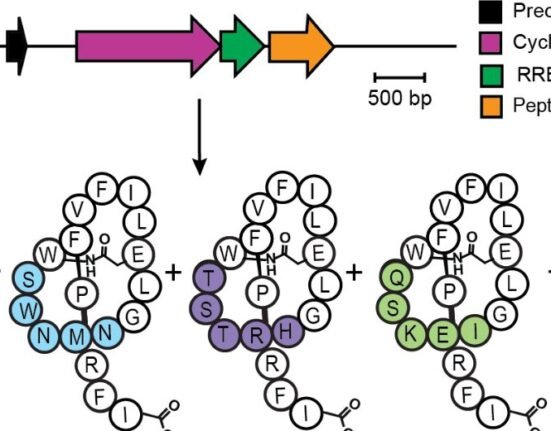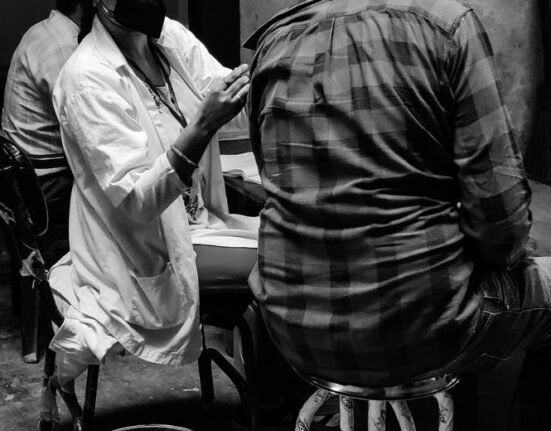HQ Team
December 20, 2023: Researchers from the Institute for Health Metrics and Evaluation (IHME) at the University of Washington’s School of Medicine and the Centre for Tropical Medicine and Global Health at the University of Oxford have revealed that over 1.05 million deaths in the WHO African region are associated with antimicrobial resistance (AMR). The mortality rates linked to AMR surpass those caused by both HIV/AIDS (639,554) and malaria (594,348).
The study, covering 47 countries, 23 bacterial pathogens, and 88 pathogen–drug combinations in Africa in 2019, provides the most comprehensive analysis to date. Despite a relatively low prevalence of resistance, the WHO African region bears the highest burden of AMR mortality, with over 25% of the 3.83 million deaths involving infection in the region attributed to AMR.
Leading causes of AMR deaths
Lower respiratory and thorax infections emerged as the leading causes of AMR-related fatalities, constituting a substantial 48% of all estimated bacterial pathogen AMR deaths. Neonates in central and western Africa are disproportionately affected, with four primary pathogens—Streptococcus pneumoniae, Klebsiella pneumoniae, Escherichia coli, and Staphylococcus aureus—individually responsible for over 100,000 deaths associated with AMR in the WHO African region.
Policy action
The implications of this study extend beyond immediate health concerns, emphasizing the urgent need for renewed investments in vaccine development and distribution. The report underscores the importance of improving access to primary health care and effective antibiotics, particularly in vulnerable populations.
The study sheds light on challenges, particularly in low-resource settings where limited laboratory infrastructure hinders accurate estimates. Improved laboratory capacity and data collection efforts are needed to refine future assessments of AMR, the report says.
The study’s findings will help shape health care policies in the WHO African region and assist local governments in developing tailored infection prevention and control policies to effectively mitigate the impact of prevalent pathogen–drug combinations.
As the world confronts the escalating threat of antimicrobial resistance, the report highlights the need for global collaboration, targeted interventions, and sustained investments to address the complex challenges posed by AMR in the African region.
AMR in the Americas
In an earlier most comprehensive study published by the same institutes for bacterial antimicrobial resistance in all 35 countries of the WHO Region of the Americas, a total of 569,000 deaths were found.
The study provided data for 35 countries, 23 bacterial pathogens, and 88 pathogen-drug combinations. The study estimates more than two of every five deaths (569,000) that involved infection in the Americas in 2019 were associated with AMR; that’s 11.5% of the global deaths associated with AMR.
The four AMR-related fatalities in the region were bacterial respiratory infections (293,000 deaths), bloodstream infections (266,000 deaths), intra-abdominal infections (181,000 deaths), and urinary tract infections (80,000 deaths).








